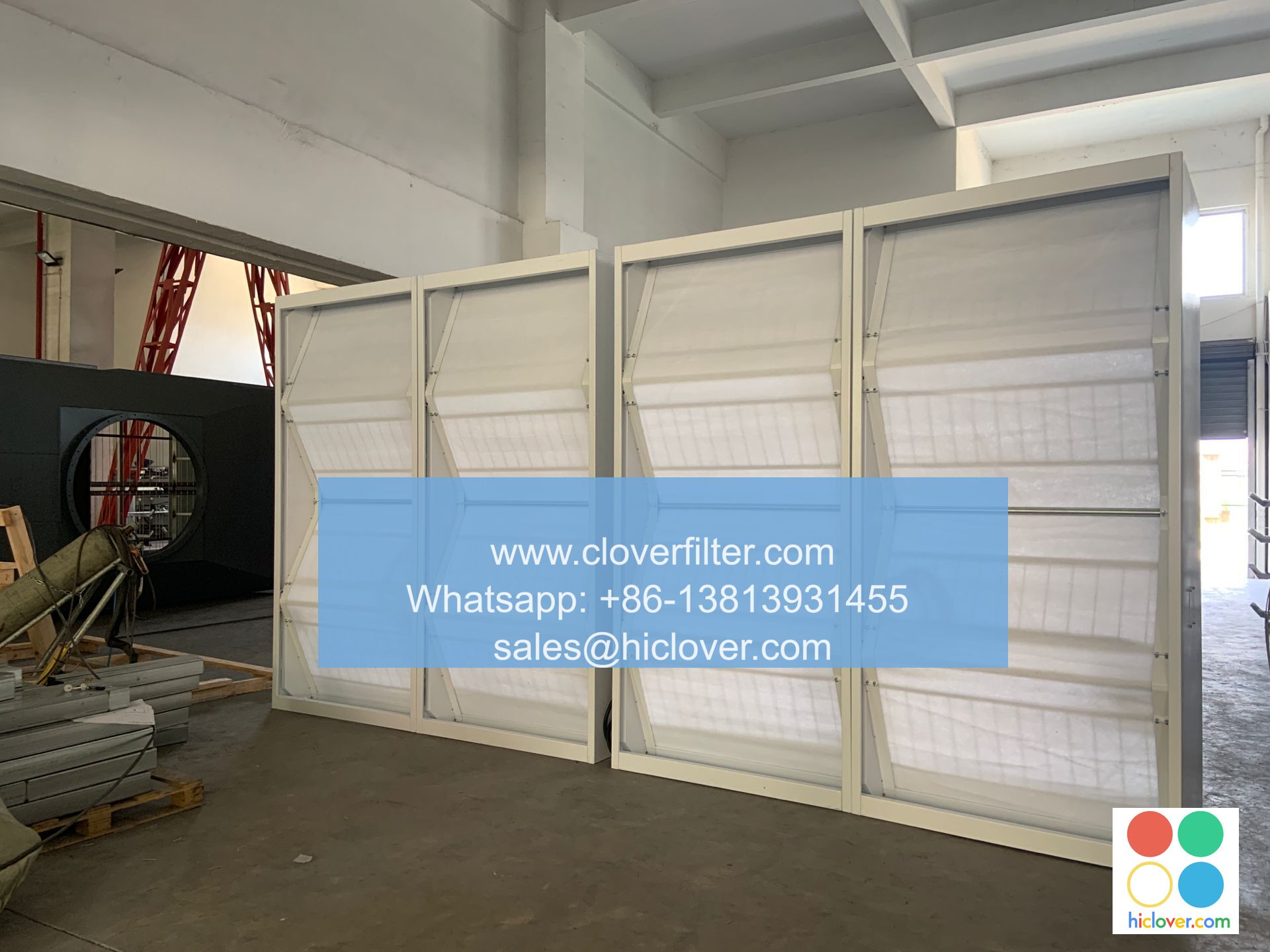Air Filter Energy Efficiency: A Study of Residential HVAC Systems

The increasing demand for energy efficiency in buildings has led to a growing interest in optimizing the performance of residential HVAC (Heating, Ventilation, and Air Conditioning) systems. One crucial aspect of achieving energy efficiency in these systems is the air filter. In this article, we will explore the importance of air filter energy efficiency in residential HVAC systems, highlighting various application areas and technological advancements that can help improve overall system performance.
Introduction to Air Filter Energy Efficiency
Air filters play a vital role in maintaining good indoor air quality and ensuring the efficient operation of HVAC systems. A well-designed air filter can help reduce energy consumption, lower utility bills, and minimize the environmental impact of residential HVAC systems. The energy efficiency of air filters is typically measured by their MERV (Minimum Efficiency Reporting Value) rating, which indicates the filter’s ability to capture airborne particles of varying sizes.
Application Areas for Energy-Efficient Air Filters
Energy-efficient air filters have a wide range of applications in residential HVAC systems, including:
* Residential buildings: Energy-efficient air filters can help homeowners reduce their energy consumption and lower their utility bills.
* Commercial buildings: Large commercial buildings can also benefit from energy-efficient air filters, which can help reduce energy consumption and improve indoor air quality.
* Industrial settings: Industrial facilities can use energy-efficient air filters to improve the efficiency of their HVAC systems and reduce energy waste.
* Green buildings: Energy-efficient air filters are an essential component of green building design, as they can help minimize the environmental impact of HVAC systems.
Technological Advancements in Air Filter Energy Efficiency
Several technological advancements have improved the energy efficiency of air filters in recent years, including:
* Nanofiber technology: Nanofiber air filters have been shown to have higher MERV ratings and lower pressure drops than traditional air filters, making them a more energy-efficient option.
* Electrostatic air filters: Electrostatic air filters use an electric charge to attract and capture airborne particles, reducing the energy required to operate the filter.
* Smart air filters: Smart air filters can be programmed to optimize their performance based on factors such as indoor air quality, temperature, and humidity.
* High-efficiency particulate air (HEPA) filters: HEPA filters are designed to capture 99.97% of airborne particles as small as 0.3 microns, making them a highly effective option for improving indoor air quality.
Benefits of Energy-Efficient Air Filters
The benefits of energy-efficient air filters are numerous, and include:
* Reduced energy consumption: Energy-efficient air filters can help reduce the energy required to operate HVAC systems, lowering utility bills and minimizing the environmental impact of these systems.
* Improved indoor air quality: Energy-efficient air filters can help capture airborne particles and pollutants, improving indoor air quality and promoting healthier living and working environments.
* Increased system performance: Energy-efficient air filters can help improve the performance of HVAC systems, reducing the risk of system failures and extending the lifespan of these systems.
* Cost savings: Energy-efficient air filters can help homeowners and businesses save money on their utility bills, making them a cost-effective option for improving the energy efficiency of HVAC systems.
Conclusion
In conclusion, air filter energy efficiency is a critical component of optimizing the performance of residential HVAC systems. By selecting energy-efficient air filters and incorporating technological advancements such as nanofiber technology, electrostatic air filters, smart air filters, and HEPA filters, homeowners and businesses can reduce their energy consumption, improve indoor air quality, and promote healthier living and working environments. As the demand for energy efficiency continues to grow, the importance of air filter energy efficiency will only continue to increase, making it essential to highlight various application areas and emphasize the benefits of energy-efficient air filters in residential HVAC systems. It seems like you’re ready to start a conversation or ask a question, but you haven’t provided a specific prompt yet. What’s on your mind? Do you have a question, a topic you’d like to discuss, or perhaps a problem you’re trying to solve? I’m here to help with information, guidance, or just to chat. Please go ahead and share what’s on your mind!

